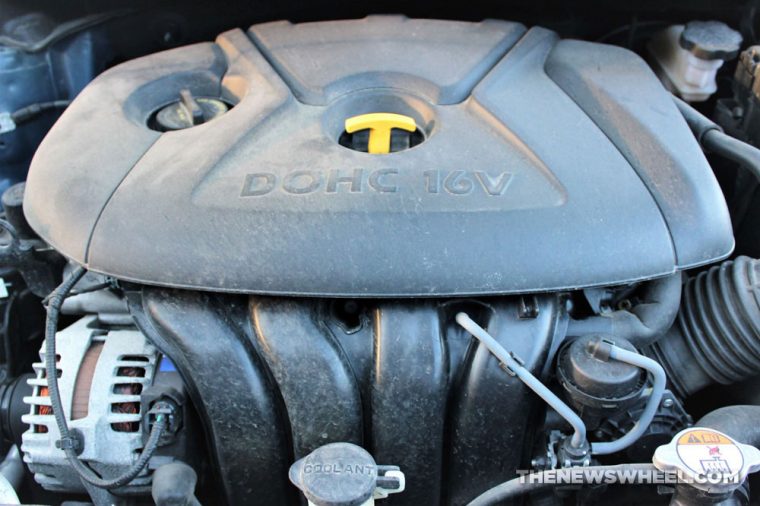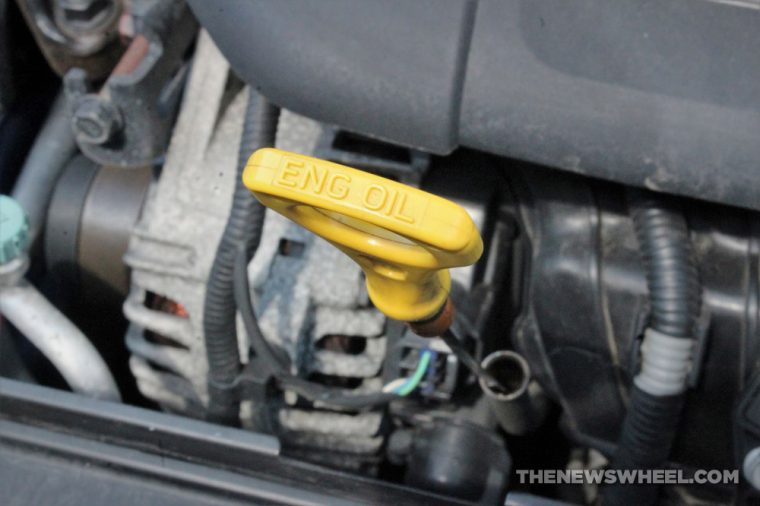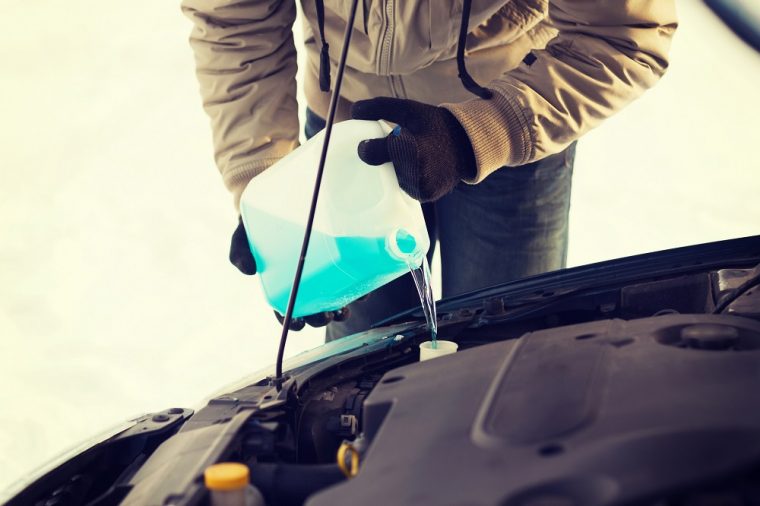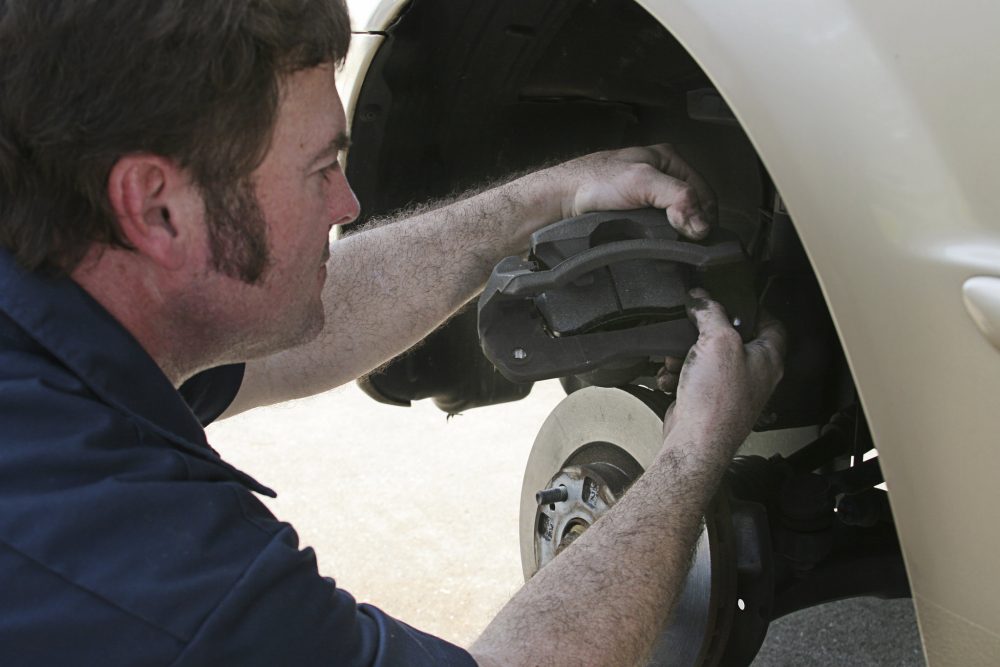6 Routine Car Maintenance Tips
The feeling of sitting behind the wheel of a brand-new car is hard to beat. For the first few months, you’re getting used to new amenities and learning how to handle your new car on the road. Once the magic wears off, you need to make sure you’re taking good care of your investment so it’ll last for many years. That means routine maintenance to catch and fix potential issues before they occur.
Need New Tires? Click here to find them
To ensure your car runs well for years to come, follow these routine car maintenance tips.
Follow your manufacturer’s recommended oil change intervals
Routine oil changes can help keep your engine healthy and running in good shape for longer. Running your car on low oil or old oil can cause it to fail prematurely.
The rule of thumb used to be to change your oil every 3,000 miles, but that is not the case with newer cars. Many cars only require an oil change every 5,000 miles, and some can even get to 7,500 or 10,000 safely before requiring an oil change. Your owner’s manual will specify the manufacturer’s recommended oil change intervals for your make and model, so read it and make sure you stick to it.
Check your fluids
Your oil isn’t the only important fluid that helps keep your car running. There are several other fluids that need to be checked regularly, and replaced at the interval recommended by your carmaker:
- Brake fluid
- Coolant
- Transmission fluid
- Power steering fluid
Whenever you have your oil changed, either you or your mechanic should also check your fluid levels and replace them if necessary.
Rotate your tires
If you leave your tires in the same position all the time, they will wear unevenly. Rotating your tires regularly can help prolong their life, which saves you money.
The best rule of thumb is to have your mechanic rotate your tires whenever you get your oil changed. You can also rotate your tires yourself if you have the materials and skillset.
Take care of your brakes
The brakes are one of the most vital components of your car. If your brakes fail, it could be fatal, especially if you’re traveling at high speeds and need to stop quickly.
Listen for any noises your brakes are making, such as squealing and squeaking, and take note if you notice a vibration when you hit the brake pedal. These could be signs your brake pads need to be replaced.
Many mechanics will automatically check your brakes’ functionality during an oil change visit; it’s a good idea to ask, especially if you’re concerned your brakes may be on the way out.
Change your engine air filter
Just like your home’s furnace, your car has an air filter that protects your engine from dirt and other particulates. Without the air filter, your engine would get dirty and be less efficient.
In general, you should replace your engine air filter every 10,000-15,000 miles. You can also replace your engine’s air filter at home without requiring advanced mechanical skills.
Check your headlights
Headlights are a vital part of your car that allow you to remain visible when it’s dark or during inclement weather. Often, you may not realize you have a bulb out unless someone tells you. Get into the habit of checking your headlights and taillights on a regular basis.
Replacing the bulbs by yourself can be pretty simple depending on how accessible the headlight casings are.
Trading Up: Get your CARFAX trade-in value
Catherine Hiles (she/her) is a native Brit living and working in Dayton, Ohio. Cat has written about a variety of subjects, including finance, cars, and parenting. She is a frequent contributor to Dayton Mom Collective, The Penny Hoarder, and WDW Magazine.
Cat lives with her husband, their two kids, and their energetic pitbull mix. She counts running, lifting weights, walking, and reading among her hobbies. See more articles by Cat.








